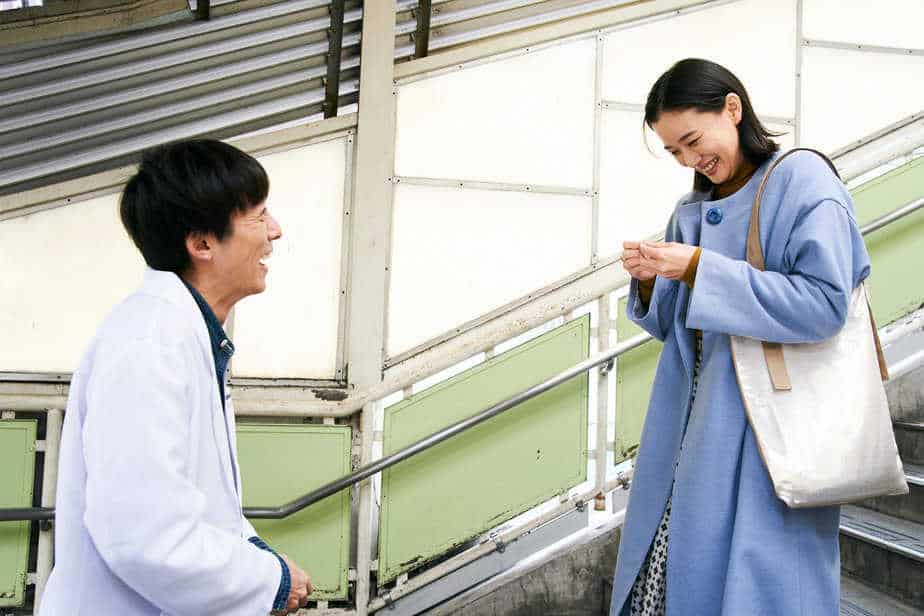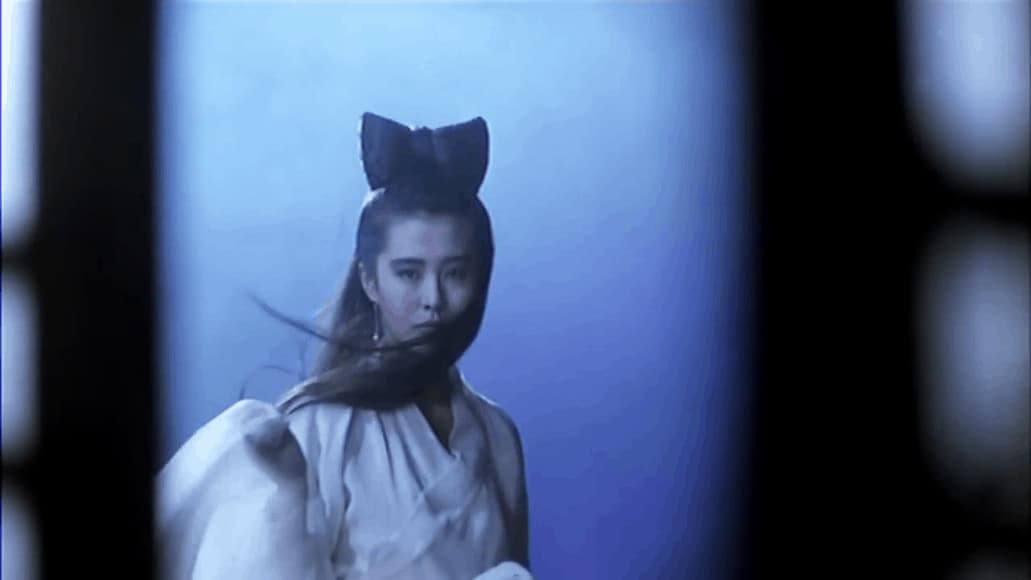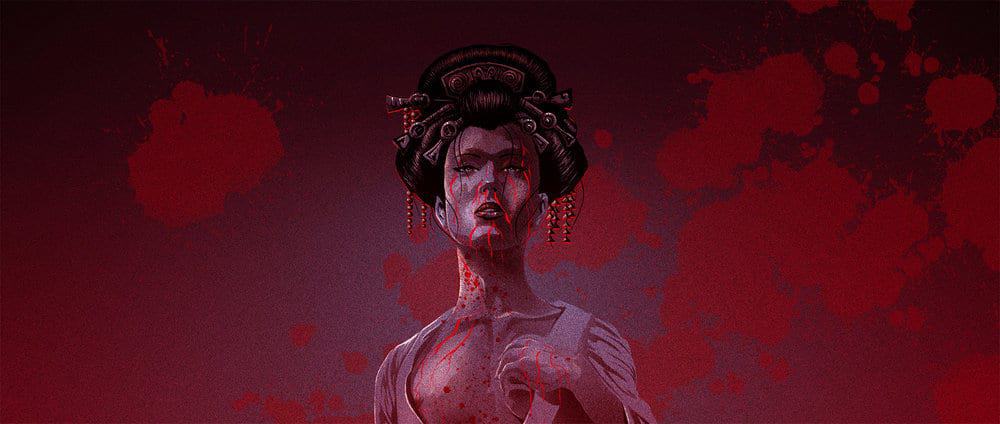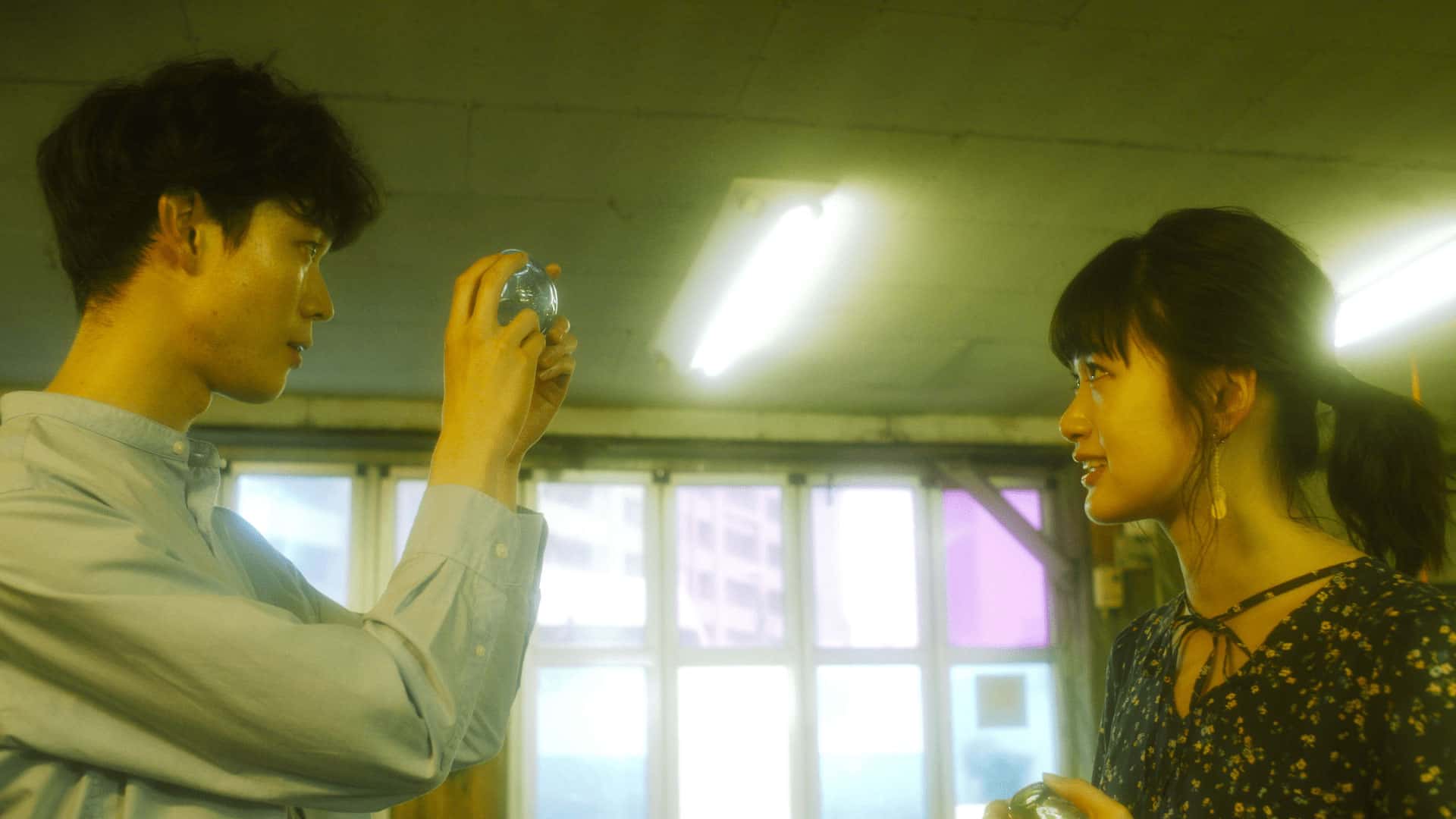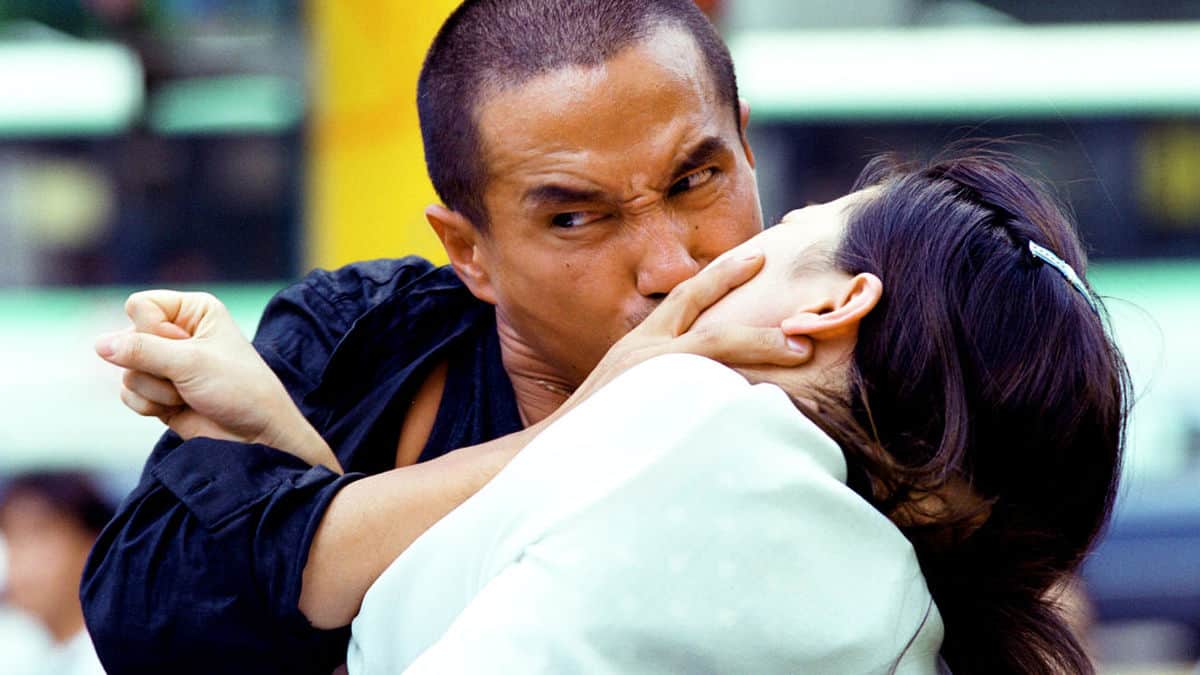Indie director and scriptwriter Yuki Tanada, one the most talented women filmmakers working in Japan in the last two decades is back with “Romance Doll”, a movie that escapes easy definitions, and takes an original look at love, sex, and relationships.
“Romance Doll” is screening at Udine Far East Film Festival 2020

Young and penniless artist graduate Tetsuo (Issey Takahashi) is tricked into a job interview that leaves him rather surprised. The interview is for a sculptor and he certainly fits the requirements but what Tetsuo doesn't know is that the little factory where he's being interviewed produces sex dolls or, as they are re-named to avoid law implications, love dolls. Tetsuo decides to accept the offer as he really needs to get a steady income and becomes, rather unenthusiastically, the assistant of the middle-age head of the department, Kinji (Kitaro) or Kin Kin as the colleagues call him. Kin-kin's mission is to create the ultimate love doll and to do so, he wants to combine his experience of materials with Tetsuo's fresh eye and skills. But their final product is harshly dismissed by the company boss (Pierre Taki). Boobs are too big and unrealistic; size is not always a sign of perfection. Consequently, to make realistic boobs they resort to cast some real ones. But how, without looking sleazy? They decide to advertise for an art model and declare the molds are for medical prosthetics. Dressed up like doctors, the two clumsily welcome Sonoko (Yu Aoi) a shy model who is thrilled by the idea that her gesture will help other women.
From that first encounter, a tender love between Tetsuo and Sonoko will spark and the two will rush ahead and get married. Nevertheless, despite love at first sight, the marriage gets tired after a bit, due to growing work commitments for Tetsuo and a hefty dose of boredom on Sonoko's side. In all that, Tetsuo still hasn't summoned enough courage to confess he is not a breast implant designer but a more prosaic worker of the porn industry. But he is not the only one to have a secret, though.
The story behind this bizarre plot is rather interesting. Director Yuki Tanada wrote this script at the same time of the script for her work “Moon and Cherry' of 2004. However, “Romance Doll” was put on a side temporarily; later she rewrote it as a novel but had no plans yet of further developments. Eventually, as Tanada noticed a growing interest on the subject (even from female public) she decided to adapt it into a movie. The sex doll maker Orient Industry was of great help and contributed enormously to the authenticity of all the technicalities of the production line described. Having said that, the movie is certainly not a documentary but an exploration of the role of sex in a love relationship, of desire and mortality (not morality!). A rather large spectrum indeed, and director Tanada adds also a very welcomed dose of her unique humor to a mix that would be heavy to process otherwise. The result is a quirky mix of interdependent extremes; love and sex, life and death, laugh and cry.
One of Tanada's recurring themes is the sexual awakening of her characters and women's frank approach to their desires and choices. This work is no exception. Despite Tetsuo being the most developed character of the two and the narrating subject, it is Sonoko that regains control of the relationship using her sexual leadership, after Tesuo had let it crumble. But there is one more theme, deeply nested in “Romance Doll” that was also – but more explicitly – in Tanada's previous film “My Dad and Mr. Ito”, that is communication, or the lack of it. It all starts with a miscommunication that brings Tetsuo to the wrong job and carry on for all the years in which he cannot tell Sonoko his real job, until silence and unspoken truths pile up to a crushing point. Moreover, the dolls Tetsuo creates in Sonoko's image are empty simulacra unable to communicate, in dramatic contrast with her; a hunting presence through the whole narration, they become the climax of Tetsuo's despair.
One of the most entertaining parts of the movie is the doll factory, not only because it sparks curiosity for a rarely seen production line, but also for the way the author constructs it. Far from seedy, the little artisanal factory is a place of honest, dedicated people, with solid work ethic and diligence, yet very humane and resembling a big family. So much of a family that Tetsuo almost forgets he has his own little family that is under threat of negligence.
Issey Takahashi manages to give Tetsuo a wide range of subtle nuances; his ironic half smile is very fit to the unique sense of humor of the script, but he is also genuinely compelling in the most dramatic moments. With him, the wonderful Yu Aoi (who previously worked with Tanada in “One Million Yen and the Nigamushi Woman”) completes this great chemistry couple. Being slightly under-explored at the beginning, her Sonoko gains flesh gradually, and almost an ethereal aura; she is the perfect, radiant polar opposite of the silicon doll and the effect is aptly rendered by Otsuka Ryo's luminous photography.
This affectionate odd blend of romance, sex and drama makes for a truly singular view.


